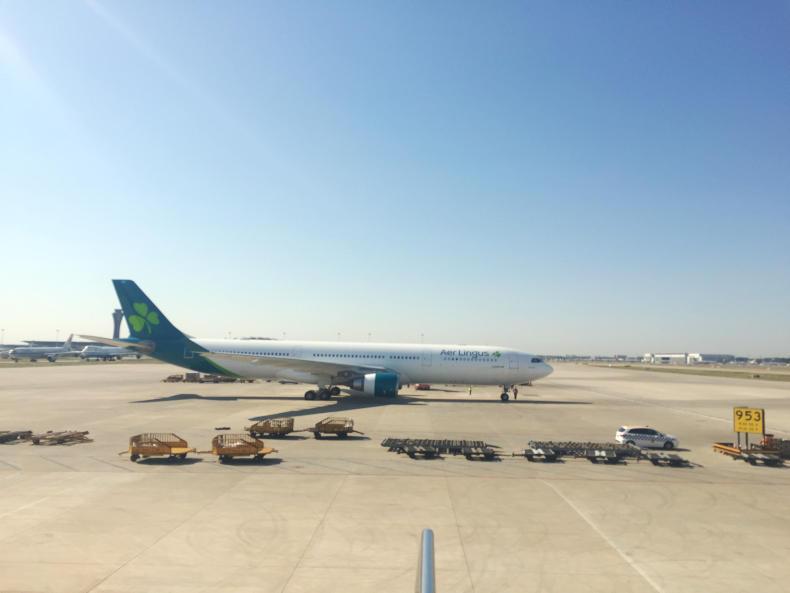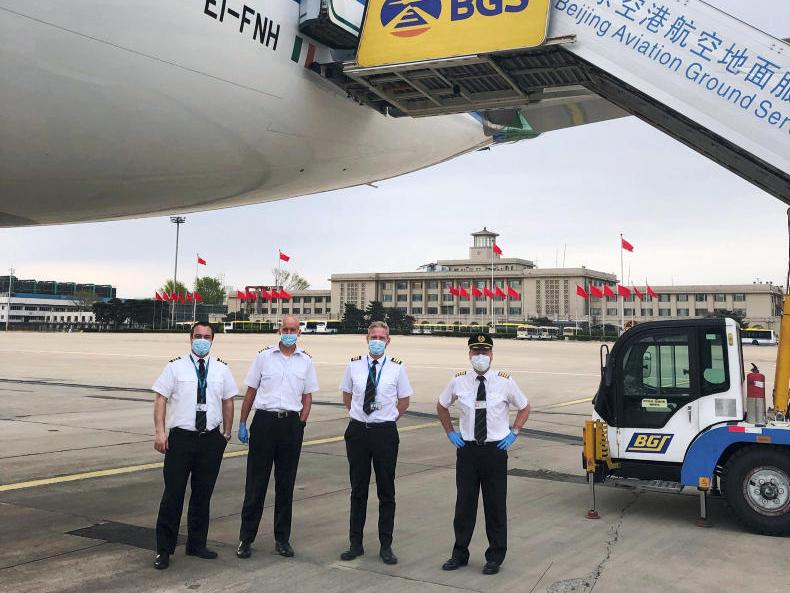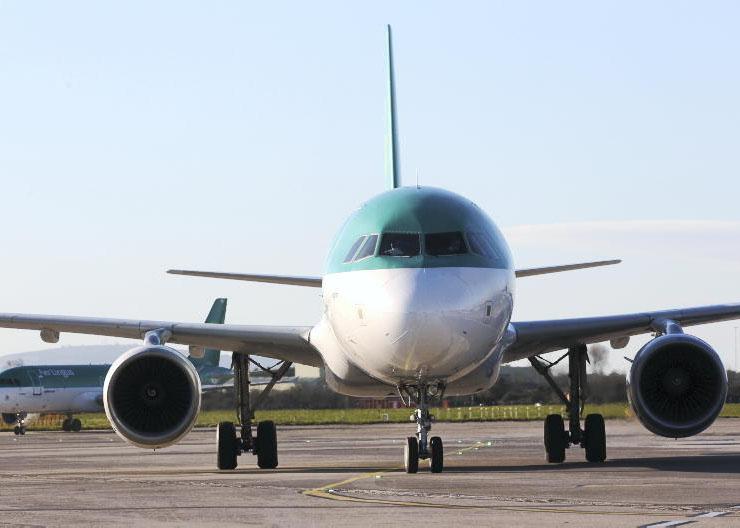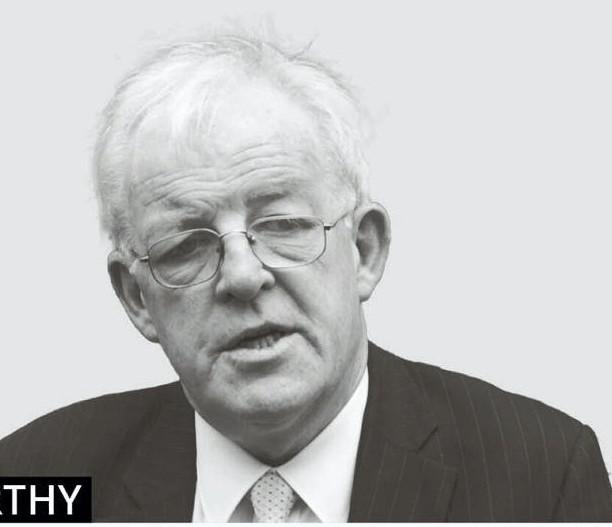Europe’s airline industry consisted, until the mid-1980s, largely of state-owned national airlines, with high costs, a high-fare cartel and prohibition of entry by new carriers.
The liberalisation of the industry has been a boon for passengers, but many state carriers have gone bust, some several times over.
Last week, Cyprus Airways ceased operations, following Swissair, Malev of Hungary and Sabena of Belgium into the history books. Some surviving flag carriers teeter permanently on the brink: Alitalia has been rescued repeatedly; TAP in Portugal and SAS, the joint flag carrier of the Scandinavian countries, are amongst the walking wounded.
Luckily for Ireland, the largest of the upstarts which have wreaked this havoc, Ryanair, happens to be Irish. Easyjet, based in the UK, has also been a successful new entrant, as has (thusfar anyway) Norwegian and some low-cost carriers in central and eastern Europe. Many new entrants have gone bust along the way and the industry has not been kind to investors.
There are just three large legacy carrier groups in Europe: Air France/KLM, an amalgam of the French and Dutch flag-carriers; Lufthansa of Germany, which has absorbed the remnants of the Austrian and Swiss national carriers; and International Airlines Group (IAG), which owns British Airways, Iberia of Spain and the low-cost carrier Vueling.
IAG is the most successful of the three and is the only bidder to have emerged for Aer Lingus, of which the Irish Government still owns just under 25%.
Ryanair has failed in repeated attempts to buy Aer Lingus, blocked by regulators who fear that a merged Ryanair/Aer Lingus would have too dominant a presence on too many routes. Ryanair is contesting a ruling by the UK competition authorities that it should reduce its 29% stake to 5%.
Back in 2011 the incoming Government wisely decided not to offload its Aer Lingus shares at a time when the share price was well below today’s level. IAG has reportedly made a serious bid, but the Aer Lingus board is resisting, hoping for a better offer. If they eventually recommend a higher bid, which could happen soon, the Government could either take the money or seek to resist.
Aer Lingus holds 24 slots at London’s Heathrow airport, the busiest in Europe. You will be hearing a lot about Heathrow slots over the next few weeks, so here is a quick guide to how the system works. In the summer peak, Heathrow has about 680 departures per day (and 680 landings, of course).
This number cannot be increased since the airport has just two runways. A slot is the right to a pair of timings for arrival and departure. Since the airport is not permitted by the UK government to increase charges to clear the market, these slots are valuable. Some timings are especially attractive, particularly if they can be matched to departure gates that can accommodate large long-haul aircraft.
There have been reports of slots changing hands for €30m and more. But not all slots are equal and it does not follow that fancy prices would be available, for example, for late-night short-haul slots.
Aer Lingus uses these slots for services to Dublin, Cork, Shannon and Belfast. Some politicians have expressed concern that IAG will snaffle these slots for its British Airways operation, re-allocate them to other services and thus damage Ireland’s connectivity to London and the wider world. This betrays a rather limited understanding of how the airline industry works.
The Ireland-London aviation market is one of the biggest in the world. Airlines serve it because there is plentiful demand, not because politicians plan their schedules for them. There are 24 departures per day from Belfast’s two airports to the London area, eight from Cork and six from Shannon.
On the current winter schedule, there are no fewer than 55 departures per day from Dublin to the six London-area airports, of which 17 are to Heathrow. British Airways, which controls half the total slots at Heathrow, operates in competition with Aer Lingus on both Dublin and Belfast.
They are currently offering six services per day to Dublin and five to Belfast, and they are not doing this for fun. If they have better uses for these slots they could allocate them away from Ireland tomorrow morning, without paying well over a billion for Aer Lingus.
The Government’s Aer Lingus shares are worth around €300m, enough to cover this year’s budget deficit for all of three weeks. They should hang in for the best price and take the money.









SHARING OPTIONS